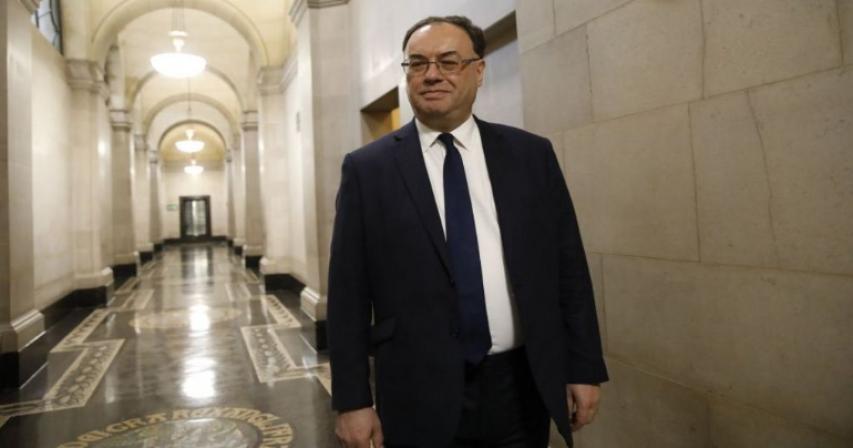Bank governor under fire for role in RBS scandal
- 3 years ago

The governor of the Bank of England has come under new criticism for failing to declare a potential conflict of interest in a scandal that saw thousands of bank customers mistreated.
The Royal Bank of Scotland (RBS) was accused of benefitting as it left some of its customers in financial ruin.
Now, it is reported that Andrew Bailey did not reveal his role in the scandal.
That is despite being asked about it when he was appointed to his previous job as head of the city watchdog.
The Bank of England said there was no interest to declare.
Financial ruin
RBS, now called Natwest, was accused of putting its own interests ahead of its clients when it moved 16,000 small business customers to its Global Restructuring Group (GRG).
More than 90% of those customers suffered some form of mistreatment and many were financially ruined between 2009 and 2013.
Internal emails later emerged highlighting abusive attitudes to small business customers, including one in which a banker wrote: "Rope: sometimes you need to let customers hang themselves."
A government body, the Asset Protection Agency, was accused of driving the scandal after it pressured the bank to withdraw loans from business customers and obtain their assets.
Some of those customers lost not only their livelihoods but also their marriages, which took a heavy toll on their physical and mental health.
Mr Bailey was asked about the GRG scandal in 2016 when he appeared before a Treasury Select committee to vet him for conflicts of interest before he was made chief executive of the Financial Conduct Authority.
Now, The Times reports in that, and in other more recent hearings, Mr Bailey failed to mention his role helping the Treasury design the body that oversaw the troubled division of RBS.
According to court testimony given by the former boss of the scandal-hit division, the Asset Protection Agency pressured the bank to withdraw loans from business customers and obtain their assets.
The agency, a division of the Treasury, had close oversight of GRG, signing off key decisions and pressuring staff to withdraw loans from customers rather than maintain support.
The former boss of the RBS division, Derek Sach, has previously testified that the Asset Protection Agency had no interest in customers and would have preferred the bank to "flog" businesses rather than support them.
And in October 2016, BBC Newsnight and Buzzfeed revealed a cache of internal documents showing GRG was seeking to benefit financially by withdrawing support from business customers.
Kevin Hollinrake, co-chairman of the all party parliamentary group on fair business banking, told The Times Bailey "must explain" why there was no disclosure of the potential conflict of interest.
"On Andrew Bailey's watch, the FCA repeatedly avoided the opportunities to publish key evidence about the GRG scandal and failed to hold anyone to account," he said.
"That Bailey failed to declare his interest and involvement in the agency when it featured in the FCA report as a potential cause of the scandal or to [MPs] when questioned about it is extremely disturbing."
In 2013, the Financial Conduct Authority (FCA) was ordered to investigate the scandal and it commissioned two firms of consultants, Promontory and Mazars, who reported back three years later ,although their findings were not disclosed.
The contents of the report only became public when the BBC obtained a copy of the document, which showed that over 90% of GRG customers had suffered mistreatment. Mr Bailey still refused to publish the report and instead launched a hunt for the leaker.
In 2018, after taking the second phase of the investigation in-house, the FCA decided not to take any enforcement action.
The Bank of England said Mr Bailey was not a decision maker in respect of that decision.
Mr Bailey's role in designing the agency that oversaw GRG will add to pressure on the governor after he was named in a report by an Appeal Court judge who criticised the FCA's handling of the £238m London Capital and Finance scandal, where thousands of retail investors lost large sums.
Source: BBC
Comments